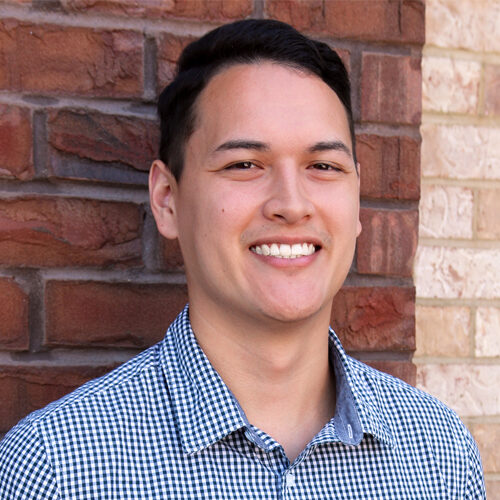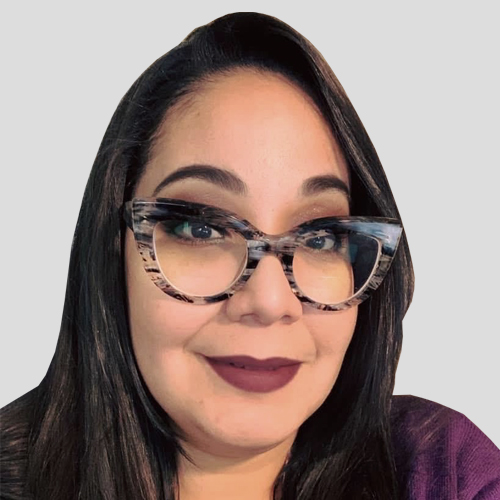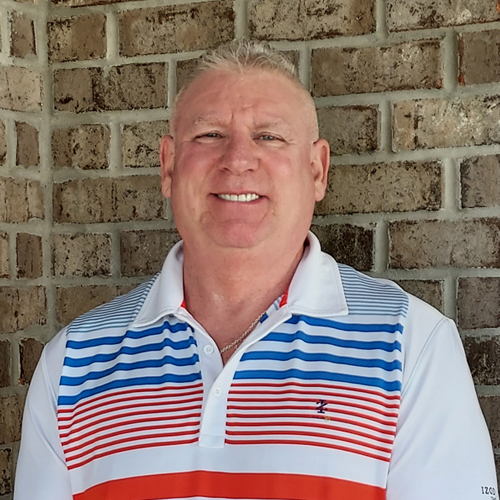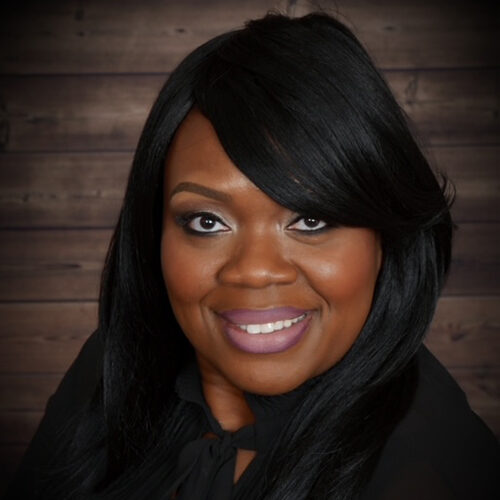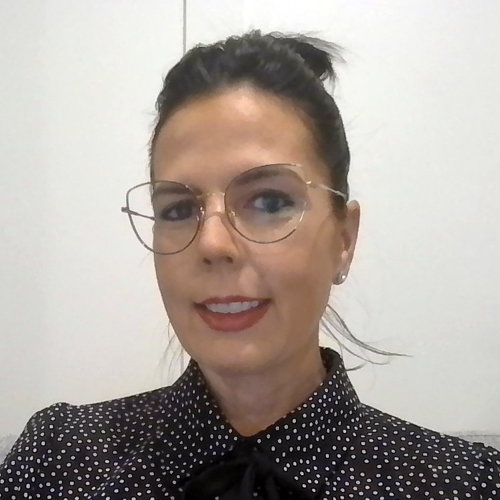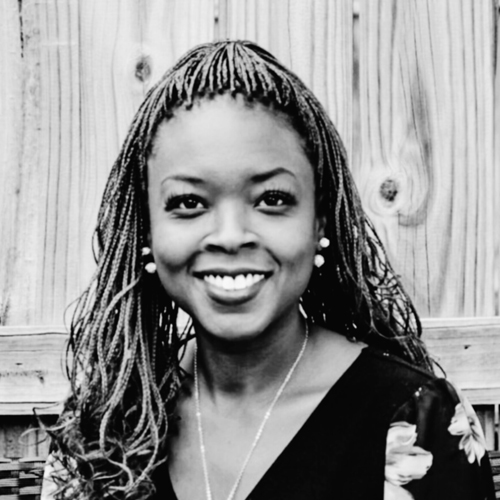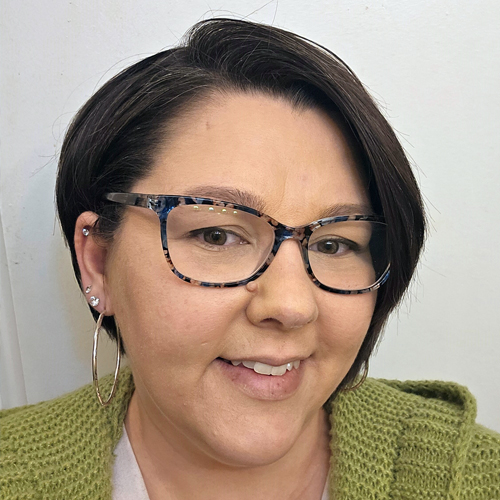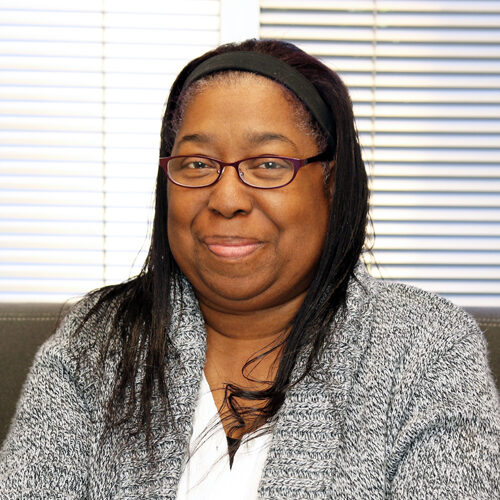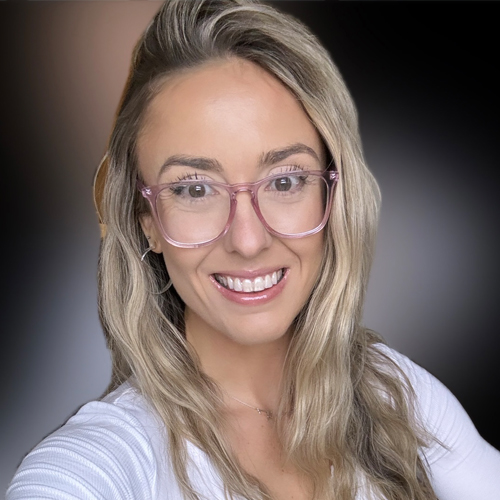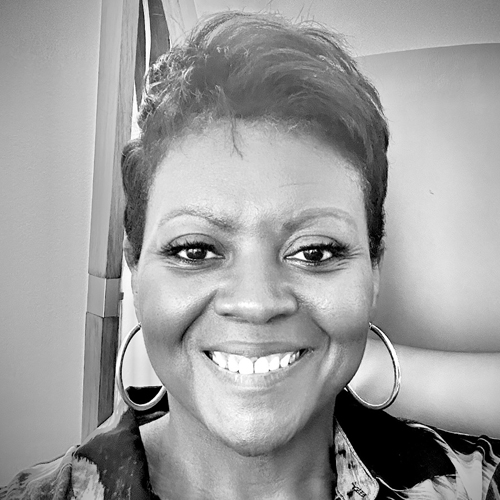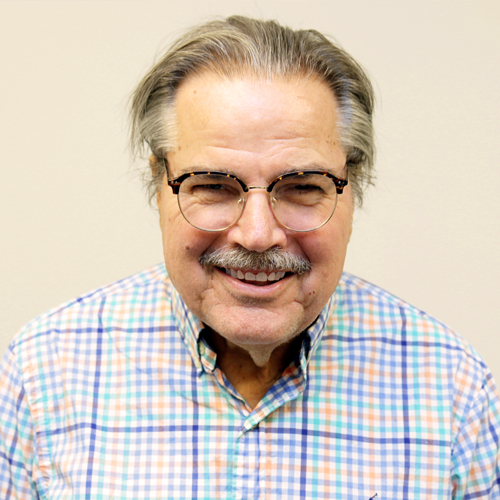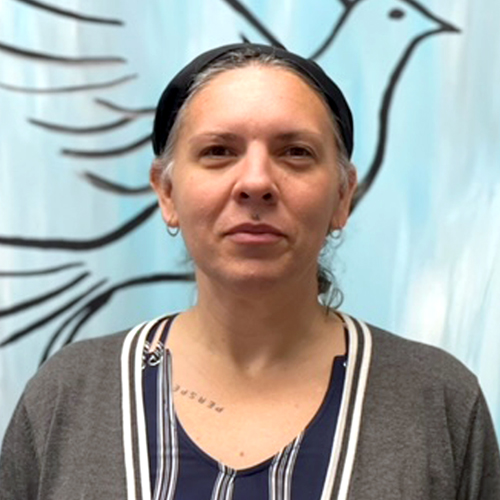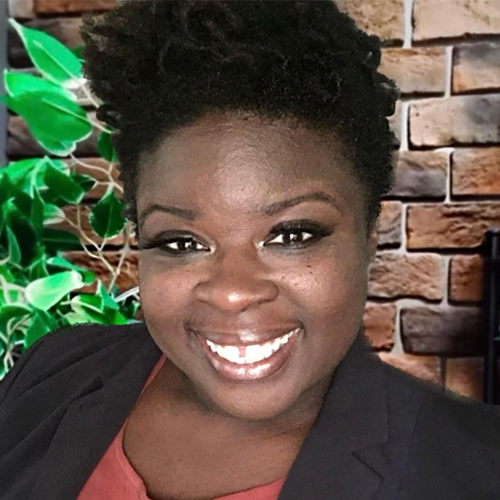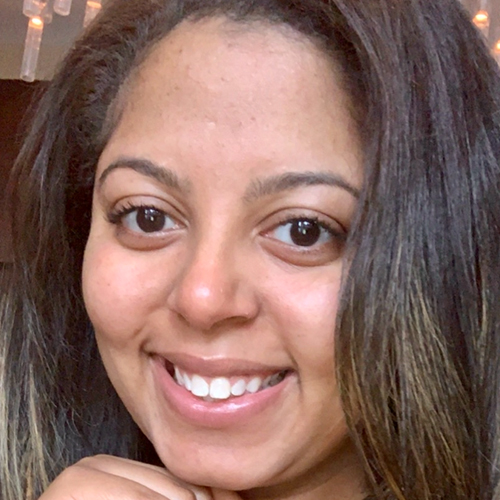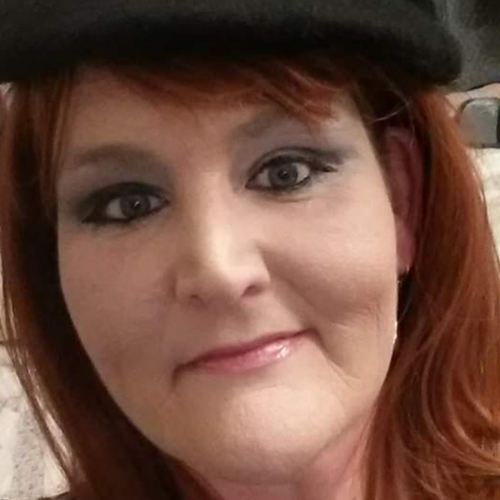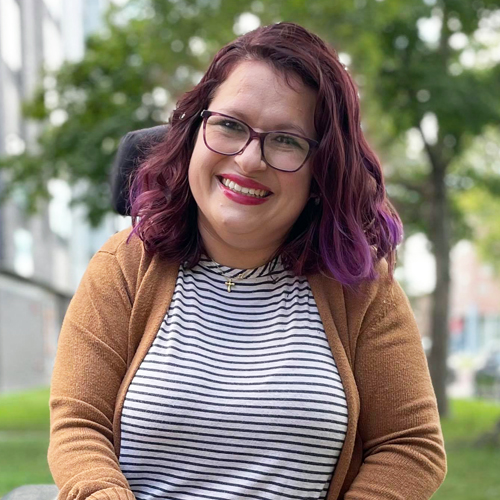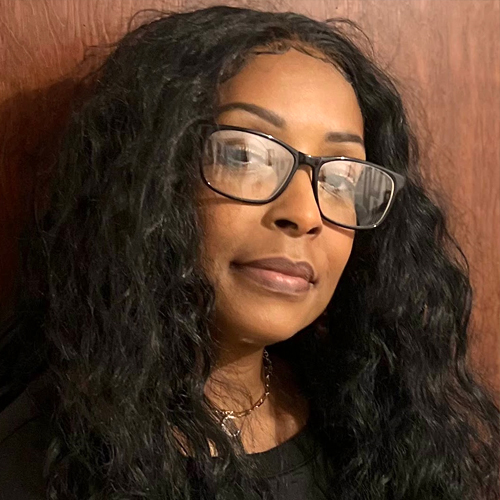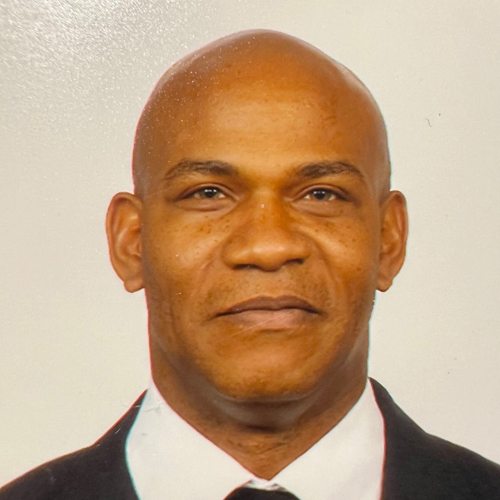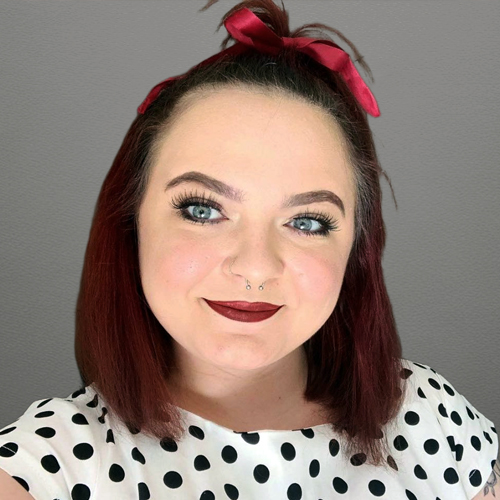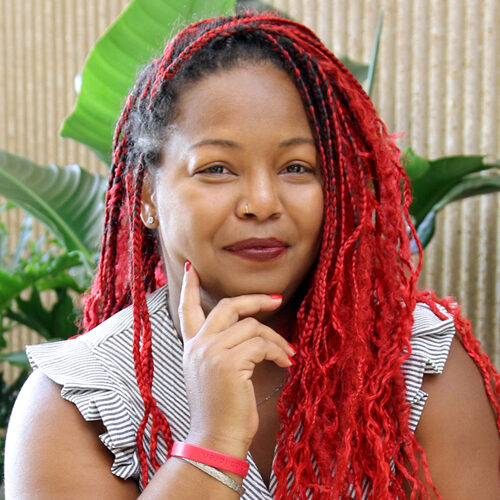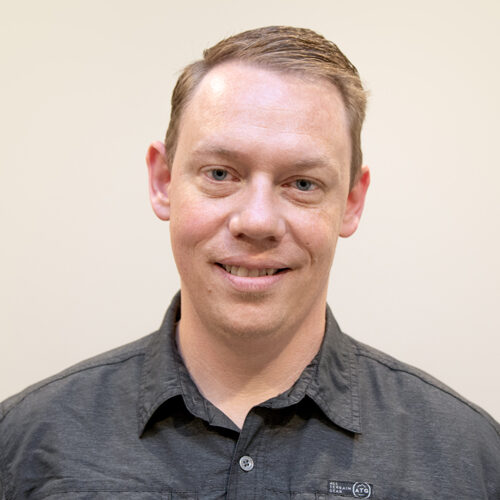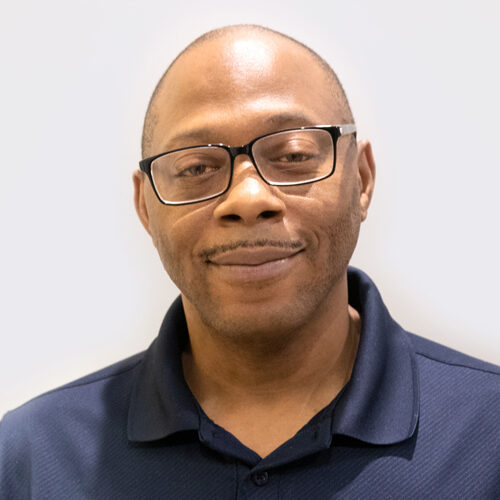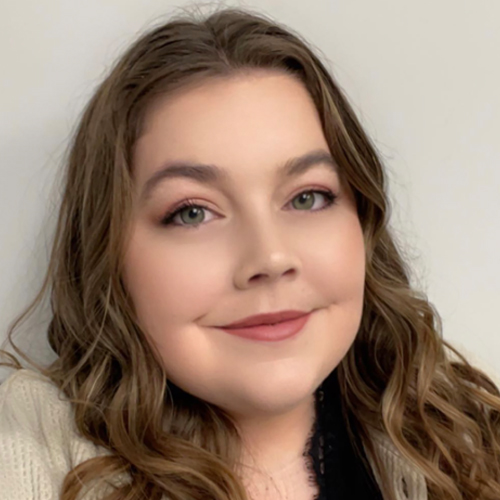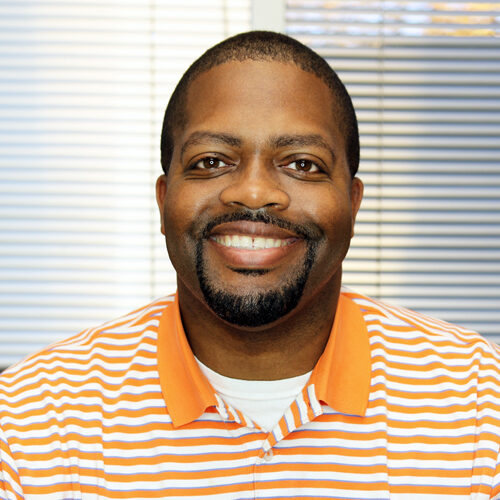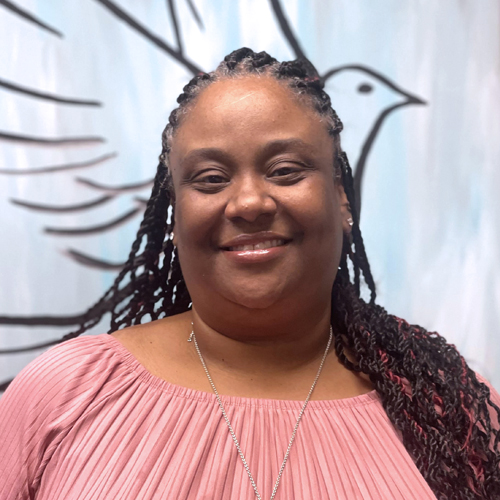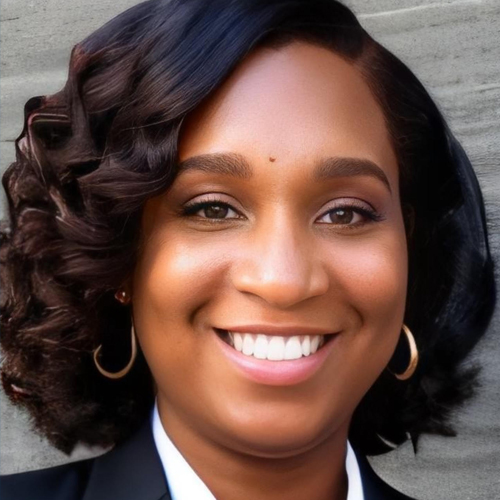Where are you from and how did you grow up?
I was born and raised in Florida. I grew up in South Florida and then moved to Fort Myers to finish out my high school career. I decided to stay in Fort Myers and go to Florida Gulf Coast University for my first year of undergrad until I transferred to University of Central Florida to complete my undergraduate degree in Psychology and called Orlando “home”. I then went straight into my masters at Palm Beach Atlantic University.
Tell us about your professional background.
I first started my professional career as a full time nanny. While I was doing nannying I received amazing opportunities to intern at a few different places. I first interned at Kids House where I was able to advocate and provide support to children who were or are currently experiencing abuse. The next opportunity was at HelpNow, a domestic violence shelter. I was able to support and advocate for women and children and even some males during their toughest battles and get them out of their situations. I was also able to go into the county jail and facilitate groups for the women in there. The last few places were slower paced and in a private practice apart of church’s. At one I did individual counseling mostly for students in their graduate programs for counseling. At the other practice, I was a school counselor and did individual counseling and classroom presentations on different topics for teachers and students.
What made you decide to become a mental health professional and what areas do you specialize in? Elaborate.
Ever since I was a little girl I have always wanted to be a doctor. I knew that my purpose in life was to be advocate for those around me. Growing up, counseling was not a common thing. After I made it to my undergrad I realized how fascinated I was with the brain and mental health. I realized that counseling emphasized the dream I had as a little girl to help those around me.While I have had the opportunity to experience many different jobs as a mental health professional, I really enjoy working in crisis and trauma. I love what experiences that working in crisis and trauma has brought out and the skills that I have been able to learn in just the little opportunities I have had.
In your opinion, what is the biggest misconception about mental health therapy and what would you say to someone who is currently on the fence about seeking help?
The biggest misconception about mental health therapy is that you are “sick”. I have always hear from those around me and those that have come into my office that they feel like they will be judged if they go into therapy. Many people believe that being in therapy means you’re weak or that you are “sick”, which to me is the complete opposite. For those that are currently on the fence I always hear, what if? “What if therapy sucks?” Or “What if I do not get anything out of it?” Or “What if people think I am crazy?”. All of these can be true, but challenge those thoughts. What if therapy brings out amazing things? What if you learn one thing? What if you create strong relationships with those around you? What if you going to therapy shows someone else that it’s okay to go to therapy? What if that “change” that you are yearning for starts when you make that first step?
Name your favorite film, music artist/band, hobby, and food.
My favorite film is Inside Out, which I think explains itself. My favorite music is Christian music. I enjoy learning to play the piano and hope one day I can be like Beethoven but that’s just a dream. My favorite food is Cuban food or anything Spanish. Spanish food feels like home to me.
What has been the highlight of your life thus far and why?
The highlight of my life so far has been my move to Tennessee. Moving from Florida to Tennessee on my own has showed me to depend on my own strength and allowed me to be more graceful with myself and others around me.
When was the last time you laughed uncontrollably and what was the reason?
One thing I love to do is laugh. I do not think there has ever been a moment where I am not laughing. The last time that is memorable was with my siblings and sister in law a few weeks ago. With them is usually when I laugh the most because we always laugh at the smallest things. I cannot even remember what we were laughing about but I know it was over something so small but had us going for a few minutes.
What is your philosophy on emotions that are generally deemed negative like sadness, grief, and disappointment?
I feel that they are the strongest emotions. In my opinion, you cannot experience true happiness until you experience sadness, grief, and disappointment. Unfortunately, I feel that these are the emotions that anyone and everyone will or have experienced at some point in their life. To me, these emotions bring out the “humanness” part of you that sometimes we lack in our day to day life. To experience sadness is to experience life fully.
What is your favorite quote?
I have a few quotes that I often go back to when life gets hard and I need a few reminders to keep going.So don’t worry about tomorrow for tomorrow will bring its own worries. Today’s trouble is enough for today. Matthew 6:34
Christ’s power rests in my weaknesses so that is why, for christ’s sake, i delight in weaknesses, in insults, in hardships, in persecutions, in difficulties. For when I am weak, I am strong.
2 corinthians 12 9-10
The last one was said by someone that was going through the rough battle of cancer. She said this and it has stuck with me ever since. When she was telling her story, she was asked “why do you still have a smile on your face?” And she said “You can’t wait until life isn’t hard anymore to be happy.”
Lastly, tell us something about yourself that most don’t know.
I cannot think of anything that most don’t know about me. I like to think of myself as pretty open and transparent to model for those that struggle to do the same.
Phone Number: (931) 274-7588
Email: crystal.beesing@imanibehavioralhealth.com

